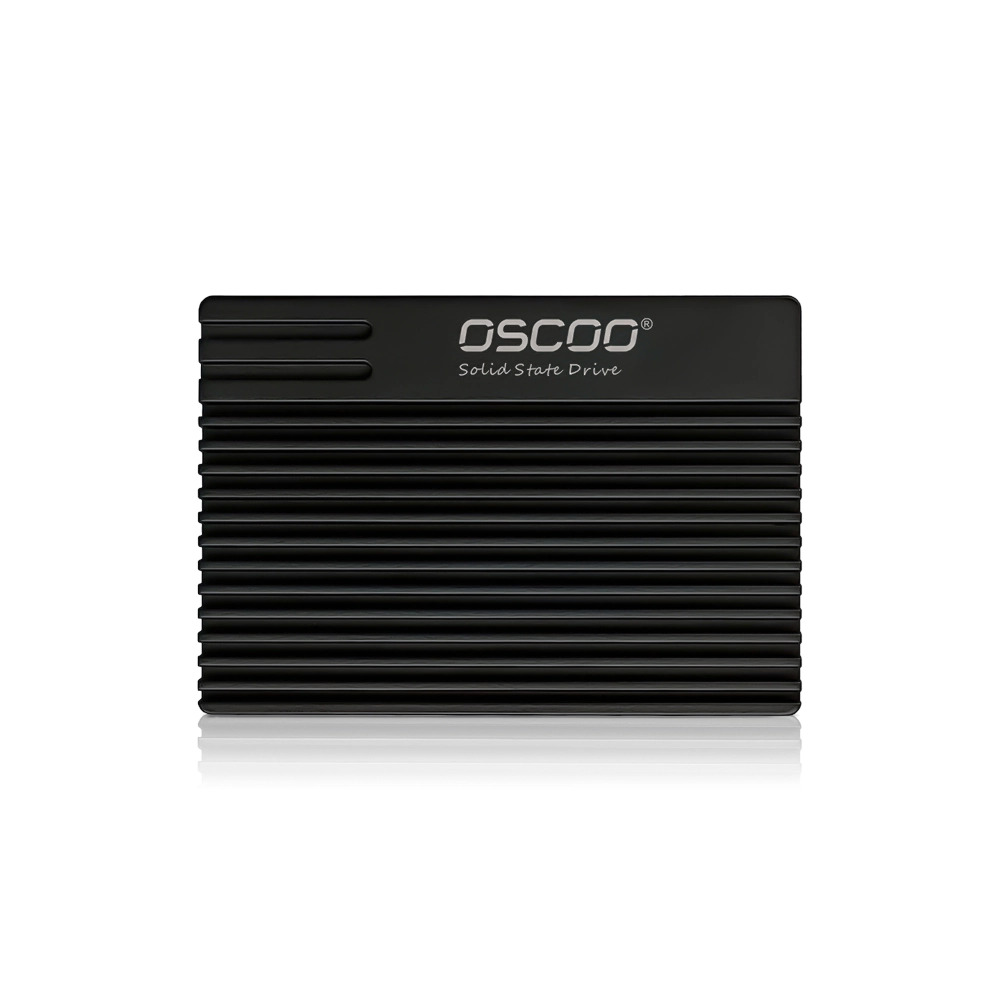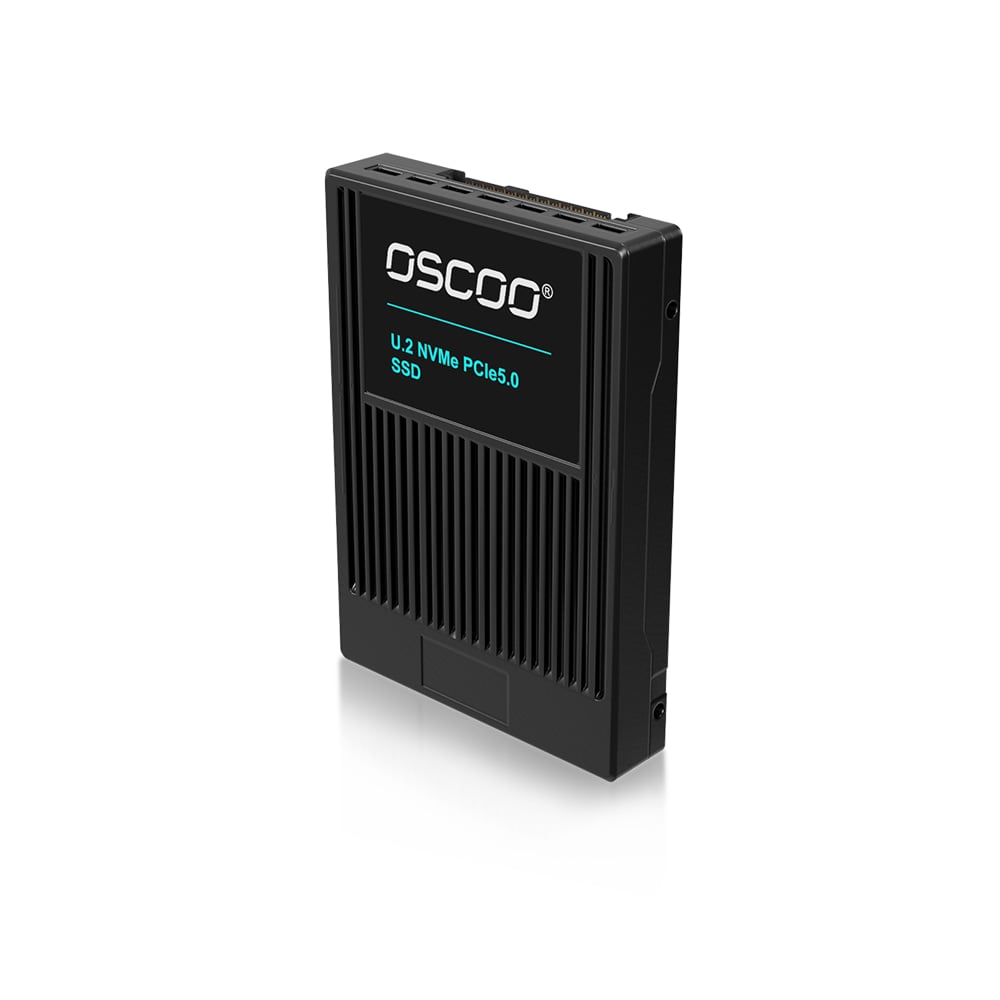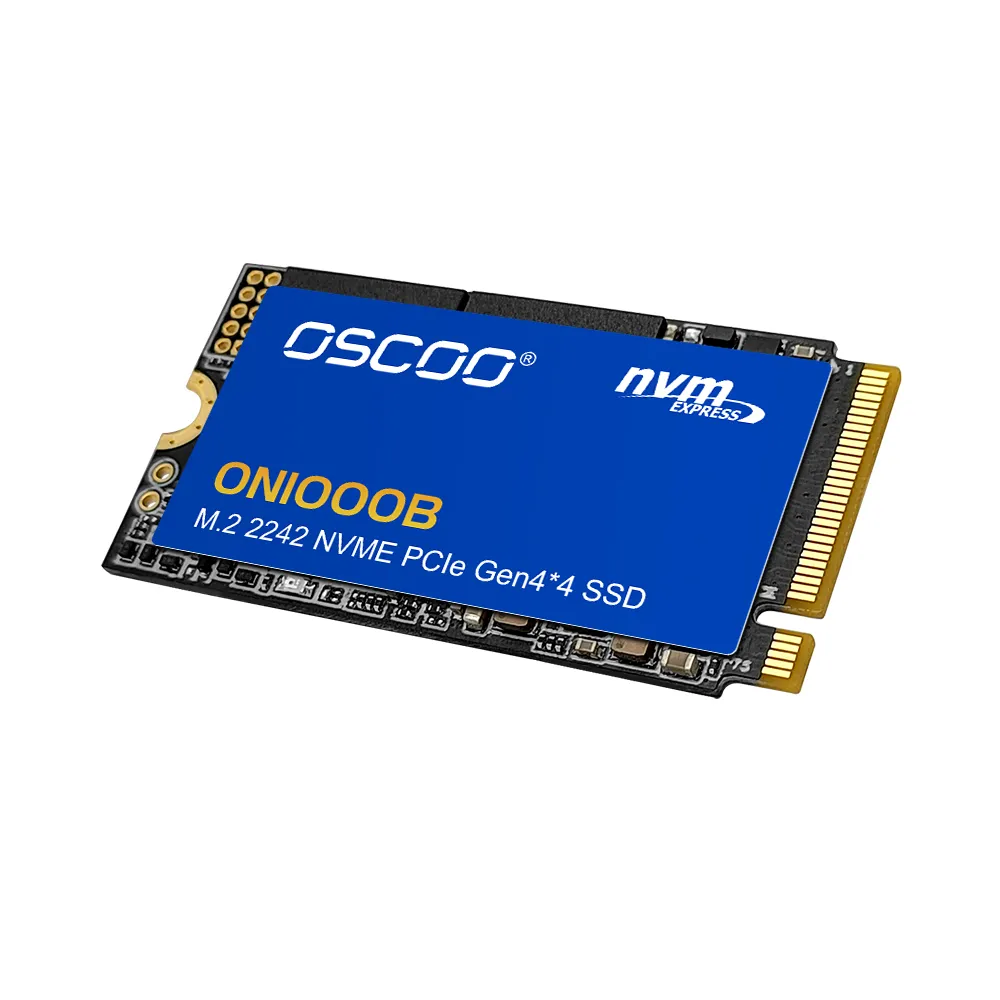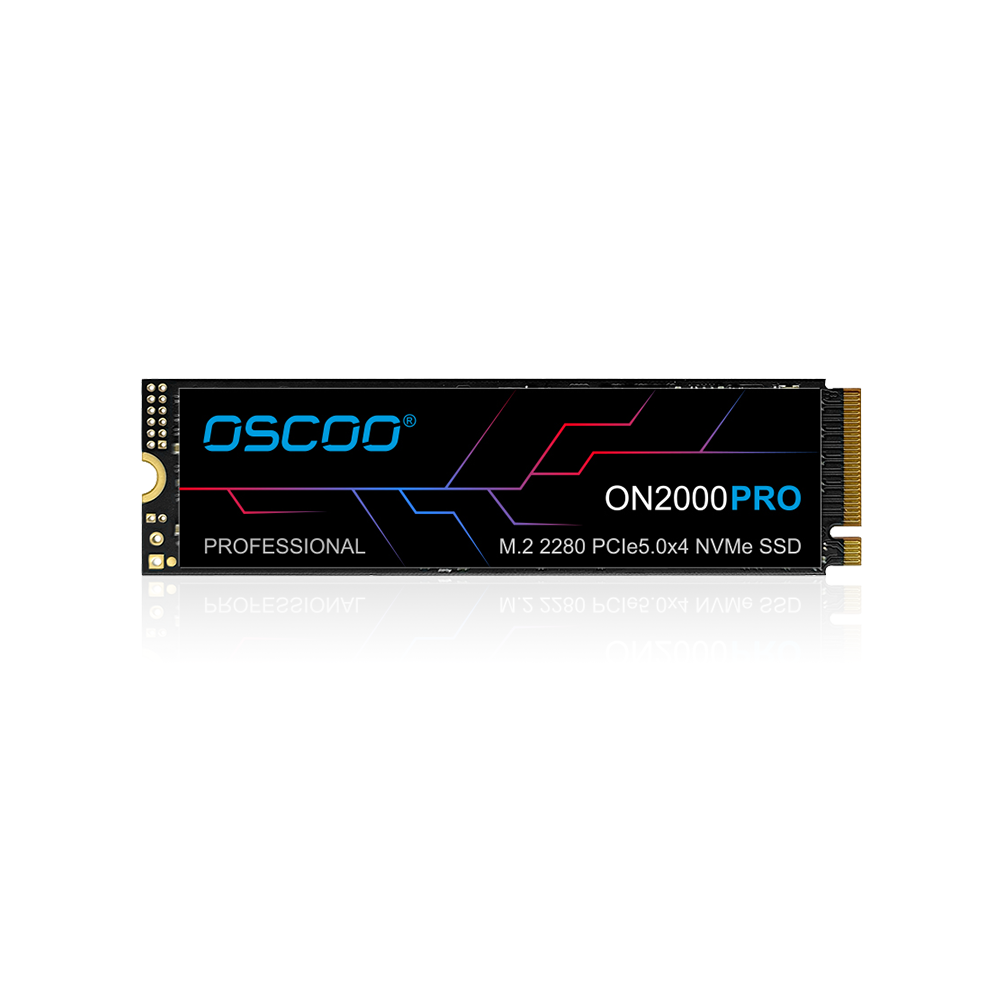SSD: The Ideal Storage for AI Workloads
AI needs fast, reliable storage to handle huge amounts of data. Traditional HDDs slow things down. SSDs deliver the performance, energy savings, and scalability that AI workloads require, helping you get the most out of your AI systems. Don’t let outdated storage slow down your AI. Choose SSD.

Faster Speeds, Quicker Results: SSDs read and write data much faster than HDDs, speeding up AI training and analysis. Your powerful GPUs won’t have to wait.

Lower Power, Lower Costs: SSDs use less energy and produce less heat than HDDs, saving on electricity and cooling bills.

Strong Reliability: With no moving parts, SSDs are highly shock-resistant and offer a higher MTBF, ensuring high availability and data security for mission-critical AI operations.

Superior Density & Scalability: SSDs Deliver smaller physical size but larger capacity through higher density than HDDs. And enables flexible scaling to build massive, high-performance storage pools (PB/EB scale) to meet AI’s constantly growing data demands.
OSCOO SSDs POWER YOUR AI
Our full SSD lineup powers training, inference, and edge AI workloads. With high-speed PCIe 5.0 interfaces and massive 30TB+ capacities, we accelerate data delivery to unlock GPU potential, providing a reliable foundation for all AI operations.

OE200 NVMe PCIe4.0 Enterprise SSD
Delivers industry-leading 30.72TB capacity with sequential read speeds up to 7,000MB/s and 1600K IOPS high-volume random read performance. Ideal for AI model repositories storing billion-parameter models and historical training datasets. Supports data preloading for distributed training nodes to minimize GPU idle time.
OE300 NVMe PCIe5.0 Enterprise SSD
Features a flagship PCIe 5.0 interface with 14,000MB/s blazing-fast read speeds to feed 8-GPU clusters instantly. Combined with 3000K random read IOPS and 60μs ultra-low latency, it eliminates bottlenecks in TB-scale dataset loading. Optimized for multi-node training, also handles large-file inference like video stream analytics.


ON1000 PRO M.2 NVMe PCIe4.0 SSD
Uniquely combines 8TB capacity with 8GB dedicated cache in an M.2 form factor, achieving 7,500MB/s read speeds. Cache significantly boosts small-file random performance, ensuring stable on-device model execution for edge applications (e.g., autonomous vehicles) while handling log storage for lightweight inference servers.
ON1000B M.2 2242 NVMe PCIe4.0 SSD
42mm compact design overcomes space constraints while providing 4TB capacity and 7,500MB/s read speeds. Shock/temperature tolerance makes it reliable for medical handheld CT scanners and industrial robots, enabling continuous AI-powered image analysis in harsh environments.


ON2000 PRO M.2 2280 NVME PCIe 5.0 SSD
PCIe 5.0×4 interface with 4GB cache enables 13,000MB/s reads and 2100K random read IOPS, slashing inference latency to milliseconds. Cache ensures 99% consistent response times under high concurrency – the core engine for recommendation systems and real-time translation services.
FAQ About SSD For AI
✅ SSDs are critical for AI because they eliminate the mechanical limitations of HDDs, delivering NVMe-level sequential speeds exceeding 7,000 MB/s and microsecond latency. This enables continuous GPU utilization during model training by preventing data bottlenecks that cause >50% idle time in HDD-based systems.
✅ For training workloads, SSDs must provide high sequential bandwidth (>6 GB/s) and petabyte-scale capacities. Inference deployments demand consistent sub-100μs tail latency with strict Quality-of-Service (QoS) guarantees. All AI applications benefit from enterprise-grade endurance supporting multiple full-drive writes daily.
✅ Specialized controllers (e.g., ScaleFlux CSD5000) maintain low latency during access-pattern transitions between sequential/random I/O. Complementing this with adaptive I/O scheduling algorithms minimizes latency spikes for stable throughput.
✅ Yes – modern 3D TLC/QLC NAND with wear-leveling algorithms provides sufficient endurance. Technologies like inline compression and deduplication further reduce write amplification, supporting sustained loads exceeding 10 TB/day per drive.
✅ Edge environments require SSDs with mechanical resilience (achieved through no moving parts), industrial temperature support (-40°C to +85°C), and extreme power efficiency (<5W/TB). These ensure reliability in uncontrolled settings like autonomous vehicles.
✅ Prioritization varies significantly by application:
- Large-scale training favors bandwidth and endurance ≥3 DWPD at petabyte capacities.
- Real-time inference requires deterministic latency and QoS guarantees with mid-terabyte arrays.
- Edge AI emphasizes physical ruggedness and watt-per-terabyte efficiency.
